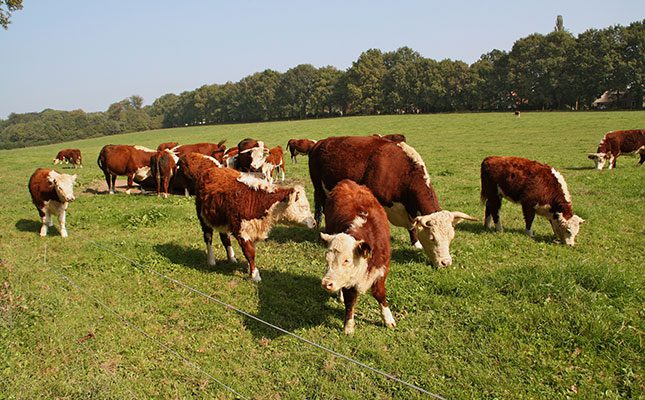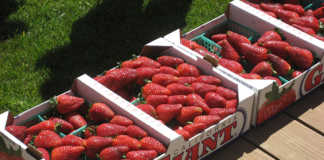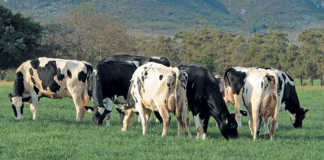
Photo: Pixabay
According to Euronews, the scheme formed part of a plan to drastically lower nitrogen emissions in the Netherlands, of which livestock farms were reportedly a major source.
This followed protests by farmers in the Netherlands that started in October 2019 when emission reduction targets were first announced.
It was expected that nearly 3 000 farms would be eligible for compensation under the scheme if their owners chose to voluntarily close-down their farming operations in areas located near nature reserves.
According to Euronews, the Dutch government’s target was to slash emissions, particularly of nitrogen oxide and ammonia, by 50% by 2030.
Despite the Netherlands being a small country, it was the second-largest exporter of agricultural products in the world by value, after the US.
Last year, Dutch agricultural exports amounted to €122,3 billion (R2,46 trillion), according to the country’s national statistics office.
Due to the high level of intensive farming, the Netherlands’ nitrogen oxide levels exceeded allowable levels under EU regulations.
Some of the proposals made by the Dutch government to reduce nitrogen emissions in recent years included reducing livestock numbers by one-third, resulting in some farmers fearing that they could face compulsory buyouts.
However, the recently approved voluntary scheme would involve the government buying up and halting production on farms deemed to be responsible for large-scale nitrogen emissions, Euronews said.
The European Commission confirmed on Tuesday (2 May) that the plans were permissible under the organisation’s state aid rules.
“The schemes will improve the environmental conditions in those areas, and will promote a more sustainable and environmentally friendly production in the livestock sector, without unduly distorting competition,” Margrethe Vestager, executive vice-president in charge of competition policy at the European Commission, said in a statement.
Commenting on the announcement, the Dutch agricultural organisation, LTO, said buyouts had to be “designed in such a way that they really offer farmers who stop voluntarily the opportunity to properly end their business”.
The organisation also called for “transition schemes” that would allow farmers to reduce nitrogen emissions using methods such as technical innovation or switching to other agricultural activities.
“This is the only way farmers can make an informed and well-considered decision about their future,” LTO told Euronews.
During the course of last year, farmers held several large demonstrations, blocking highways and supermarket warehouses in protest to the reforms, which they considered to be existential threat to their way of life.













